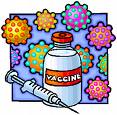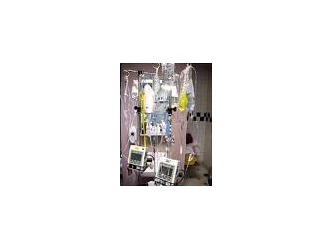Necessary Treatment
Treatment varies depending on the extent of the infection or complications.
Bacterial meningococcal meningitis often requires treatment in a hospital, including:
-Antibiotics delivered intravenously (IV).
-Spinal tap to provide a definite diagnosis.
-Measures to decrease pressure within the brain.
-Measures to reduce fever (including medicines such as acetaminophen and fluids).
-Measures to prevent seizures (medicines such as dilantin and monitoring surroundings).
-Oxygen therapy (delivery of oxygen).
-Monitoring of fluid intake to decrease the risk of dehydration.
-Suctioning to remove infected mucous from the bronchial tubes.
Vaccinations
There are currently two types of approved vaccines against meningococcal meningitis that are used in the United States:
Meningococcal Conjugate Vaccine:
-Licensed in 2005.
-Most widely used for people ages 2-55.
-Contains weak strains of the four most common types of meningicoccal bacteria, and allows your body to build up antibodies.
Meningococcal Polyssacharide Vaccine:
-Available since the 1970's.
-Only one licensed for people over the age of 55.
-Contains common polyssacharide antigens contained within meningococcal bacteria.
Sources Used:



